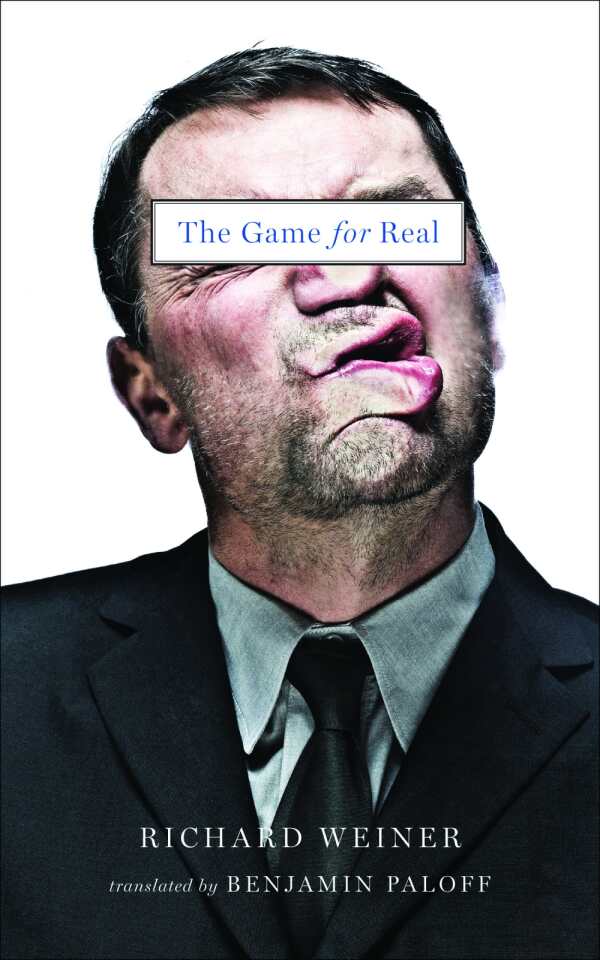The Game for Real
Weiner’s book requires the abandonment of expectations and the willingness to delve into the lines between reality and unreality.
As Czech Modernist writer Richard Weiner would have it in his provocative and existential exploration into our own creations of identity, it isn’t love that is the road to perdition, but an individual’s construct of reality. Those interested in surrealism, the works of Freud, and undiscovered classics will revel in Weiner’s complete surrender of the rational and immersion in the abstract, dream states of his narrator’s mind, and his occasional interactions with reality.
After World War I, Weiner returned to Paris and joined a group of French avant-garde writers who had broken away from the Surrealists, calling themselves Le Grand Jeu. Weiner wrote The Game for Real between 1928 and 1932, and it has never before been translated into English. The novel is divided into two pieces: “The Game of Quartering” and “The Game for the Honor of Payback.” The first section is comical, with a growing sense of mania when the nameless narrator realizes he has a double, who therefore must have a double; with each new double, a scene with his friends—Mutig, Fuld, and Giggles (who become increasingly more puppet-like)—plays out at random locations throughout Paris, where monuments dissolve into the theater of the absurd. In the closing sentences of this section, Weiner does not offer a conclusion, but perhaps one of his best lines: “Under such circumstances, life is no plaything.”
The second section, “The Game for the Honor of Payback,” is less comical but just as absurd in its disturbing, unrelenting pathos and sense of shame. It opens with the narrator swimming in a sewer, which serves as an allegory for the muck and mire we put ourselves through mentally, emotionally, philosophically, and intellectually, all in the name of shame. When the lowly narrator is accused of stealing a bracelet, the victim’s husband slaps him. The narrator spends his time oscillating between reality and dream state in an inner spiral to avenge this slap.
Without Benjamin Paloff, the translator who has studied Weiner for over ten years, and his nimble linguistics and nuanced understanding of Weiner’s objectives, this lost classic wouldn’t shine like the anxious gem that it is.
Reviewed by
Monica Carter
Disclosure: This article is not an endorsement, but a review. The publisher of this book provided free copies of the book to have their book reviewed by a professional reviewer. No fee was paid by the publisher for this review. Foreword Reviews only recommends books that we love. Foreword Magazine, Inc. is disclosing this in accordance with the Federal Trade Commission’s 16 CFR, Part 255.

